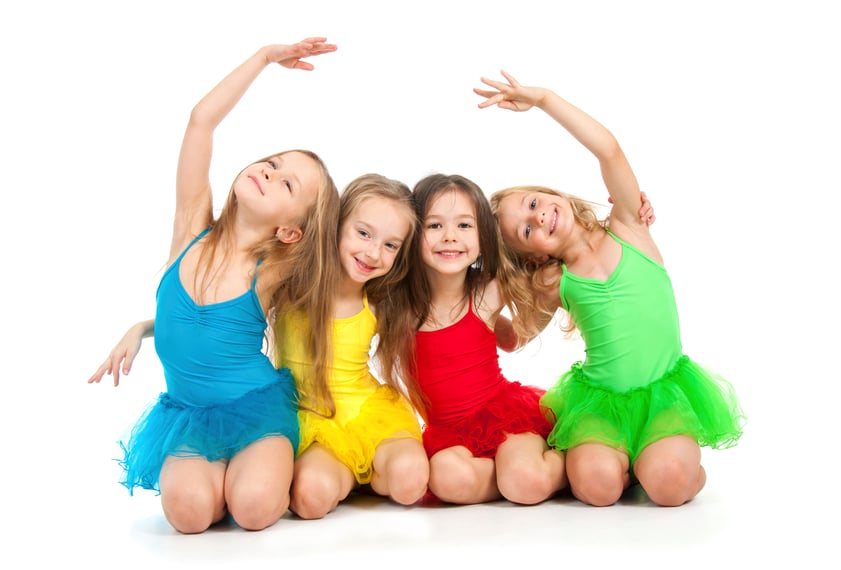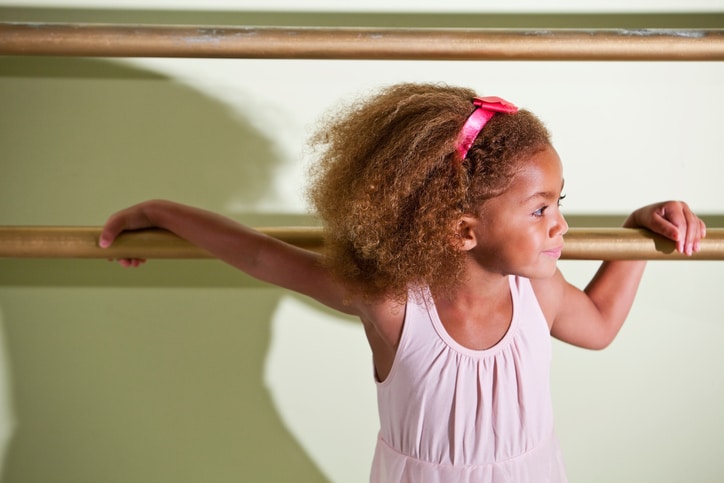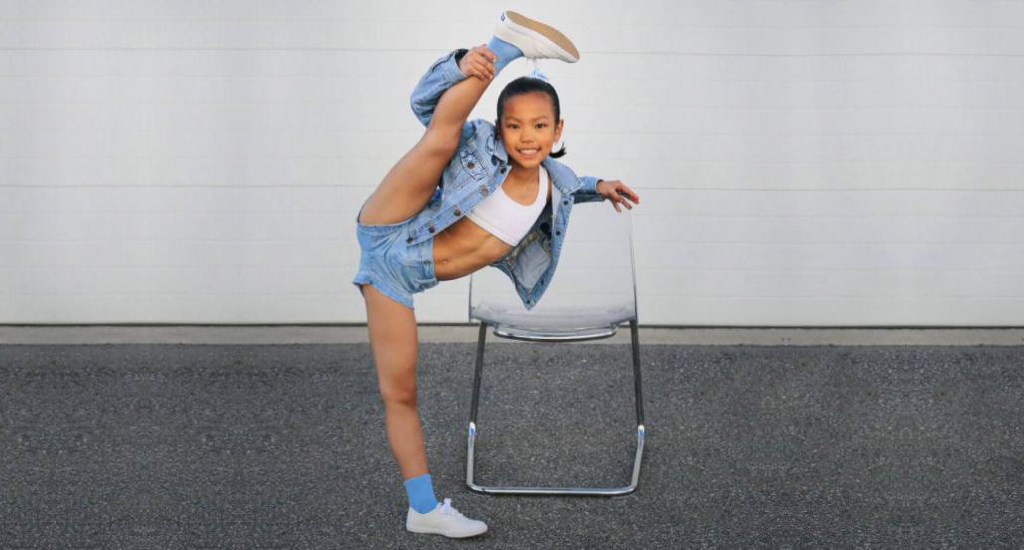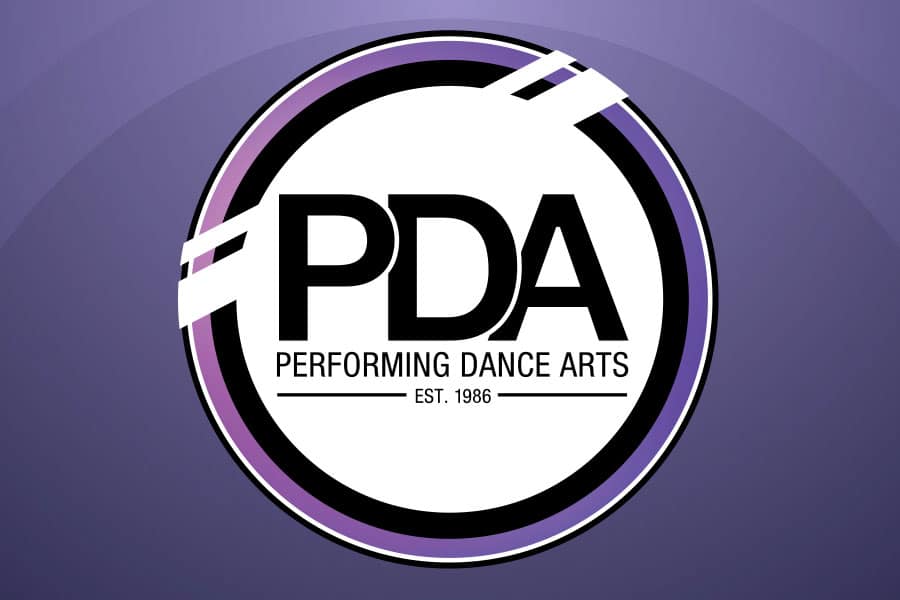No matter how much practice, how many lessons, or how much skill is involved, performance anxiety in toddlers can happen at any time, and it is something that can be paralyzing. But it’s important to know that it is a normal feeling, and you shouldn’t let the anxiety discourage your child from continuing to dance. Even the most seasoned professionals experience anxiety before they get on stage. The key is to find a way to overcome the anxiety and still give the best performance.
Performance Anxiety in Toddlers
Call it performance anxiety, call it stage fright, the fact is that either stage fright or performance anxiety causes your child to feel paralyzed or severely uncomfortable while on stage. Performance anxiety in a child shows itself the same way as it does in any adult. The underlying fear is a phobia of performing on stage in front of a group of people.
Symptoms of Stage Fright in Children
When it comes to noting performance anxiety symptoms in children, there are a few tell-tale signs. Sweaty or trembling hands, heavy breathing, and increase in heart rate (which can also lead to an increase in blood pressure), nervousness, and an overwhelming feeling of anxiety are some of the main ones. Some children may even become physically sick while on stage.
Causes of Performance Anxiety with Kids
As a parent or a dance instructor, you want nothing more than to know how to help a child with stage fright. Nervousness is something every performer feels, but performance anxiety exaggerates those nerves to levels that make it nearly impossible to perform.
When considering how to get rid of stage fright for kids, you must first be able to identify the cause of that child’s fear. It can be as simple as that child being worried about doing well on stage or being concerned about how the crowd will react to their performance. Some of the root problems are a bit more complex. Maybe that child is insecure with the way they look, or feels that they will be teased by other kids for performing.
Understanding the causes are important. Once you get a full handle on why that child is suffering from stage fright, steps can be taken to help them get over it.
Tips to Overcome Stage Fright in Child Dancers
There are practical ways you can go about helping your child overcome their anxiety prior to getting on stage.
Try to Learn Your Child’s Fear of Dancing on Stage
In some instances, there may be a specific reason your child is afraid to get up on that stage. It may be a recent incident, it could be someone who may be in the crowd, or they don’t feel comfortable in their costumes. It can really be that simple. Talk to your child and figure out if the problem is something that can be fixed with a little heart-to-heart talk.
Help Your Child Prepare
Preparation is a good way to prevent or reduce the instances of performance anxiety in children of any age. The more confident they feel in their routine, the more confident they will feel on stage. As a parent, don’t be afraid to get involved with your child’s routine. It will help with so many different facets of their performance and with your relationship.
Let Your Child Perform on the Same Dancing Stage before the Performance
If it is at all possible, have your child dance on the actual stage he or she will be performing on. Familiarizing themselves with the stage will hopefully make it easier for them to perform when the time comes.
Ask Your Child to Focus on the Performance
A lot of times, the anxiety comes from something unrelated to the actual performance. If you can get your child to focus strictly on the routine, then you have a fair chance of helping them get over their anxiety.
Help Your Child Relax
Whether it’s breathing techniques, some meditation, or even doing something to completely take their mind off of the actual performance itself, helping your child relax can help reduce their anxiety. Dancing is supposed to be a fun and exciting experience. The more relaxed your child will be, the better he or she will perform.
Appreciate Your Child’s Dance Performance
Children are always looking for approval from their parents. You need to clearly show your child just how proud of them you are and how great they are doing with their dance routine. The enthusiasm you show will go a long way in helping your child feel good about themselves and about their routine.
We’ve seen our share of stage fright at Performing Dance Arts, but we encourage little dancers to keep going and find ways to help them through their anxieties. Dancing has so many positive benefits, so we want to make sure children experience as many as possible. There’s still time to sign your children for one of our summer dance programs. Click here for more information, or contact us at (905) 856-1030.




